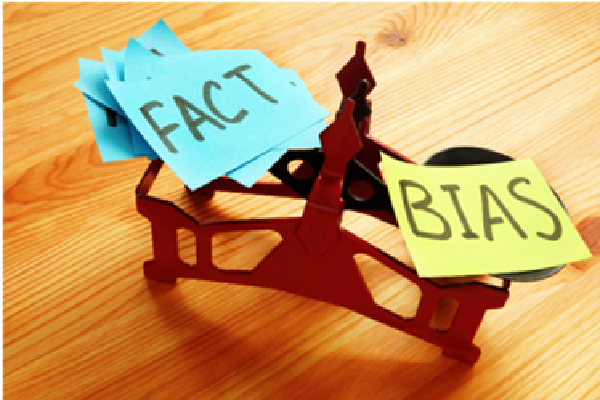Perceived Bias of Investigators for Schools: Navigating Fairness in Conducting Investigations
Oct 10, 2023

Hey there, inquisitive minds! Today, we’re delving into the intriguing realm of investigating perceived bias within school settings. Join us as we explore the complexities of this issue and uncover strategies to ensure fairness and impartiality in the investigative process.
When it comes to investigating incidents within schools, one crucial aspect that demands attention is the perceived bias of investigators. This arises from concerns that investigators may have preconceived notions or biases that could influence the outcome of an investigation. It’s essential to address this potential bias head-on to maintain trust, credibility, and fairness in the investigative process.
Recognizing the importance of impartiality, schools must carefully select investigators who are free from conflicts of interest and capable of approaching cases objectively. This means ensuring that investigators do not have personal relationships or vested interests that could compromise their neutrality. By taking proactive steps during the selection process, schools can instill confidence in the fairness of investigations.
Transparency is a key ingredient in combating perceived bias. Schools should establish clear protocols and procedures for investigations, outlining the steps to be followed and the standards of professionalism and objectivity expected from investigators. By promoting transparency, schools demonstrate their commitment to addressing concerns of bias and provide reassurance to all parties involved in the process.
Training plays a vital role in equipping investigators with the necessary skills to navigate potential biases. Schools should invest in comprehensive training programs that address unconscious biases, cultural competency, and fair investigation practices. Ongoing education and professional development opportunities can help investigators develop the awareness and skills needed to approach each case with sensitivity and objectivity.
Inclusivity and diverse perspectives are crucial elements in minimizing perceived bias. Schools should strive to have a diverse pool of investigators who can bring different experiences and backgrounds to the table. This diversity not only enhances objectivity but also ensures that investigations consider a wide range of perspectives, contributing to a more comprehensive and fairer outcome.
In conclusion, the perceived bias of investigators within schools is a significant concern that requires careful attention. By selecting impartial investigators, establishing transparent procedures, providing comprehensive training, and promoting inclusivity, schools can address and minimize the risk of bias in the investigative process. Let’s strive for fairness and integrity in investigations, ensuring that all individuals involved receive a just and equitable experience within our educational institutions.
So, my knowledge-seeking friends, let’s embrace the challenge of combating perceived bias and work towards fostering an investigative process that upholds the principles of fairness and justice in our schools.
From your Friends at BestDayHR